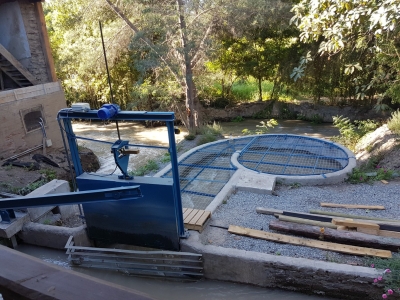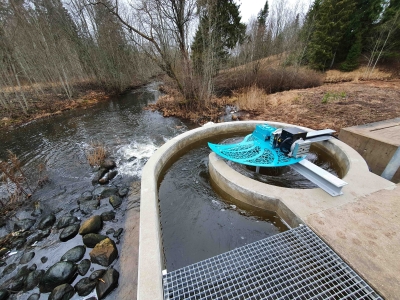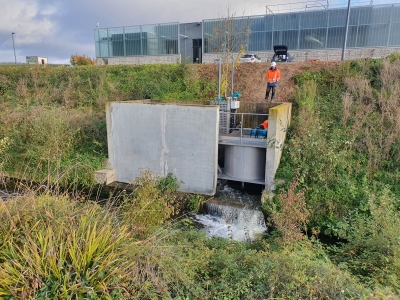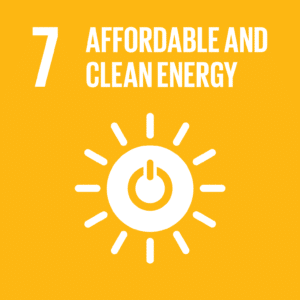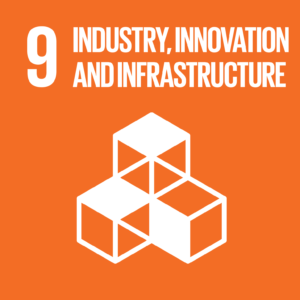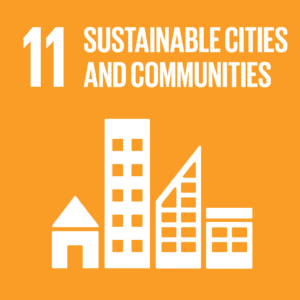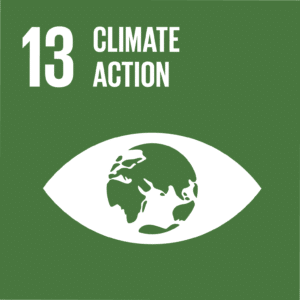Generating sustainable energy with hydropower in remote regions
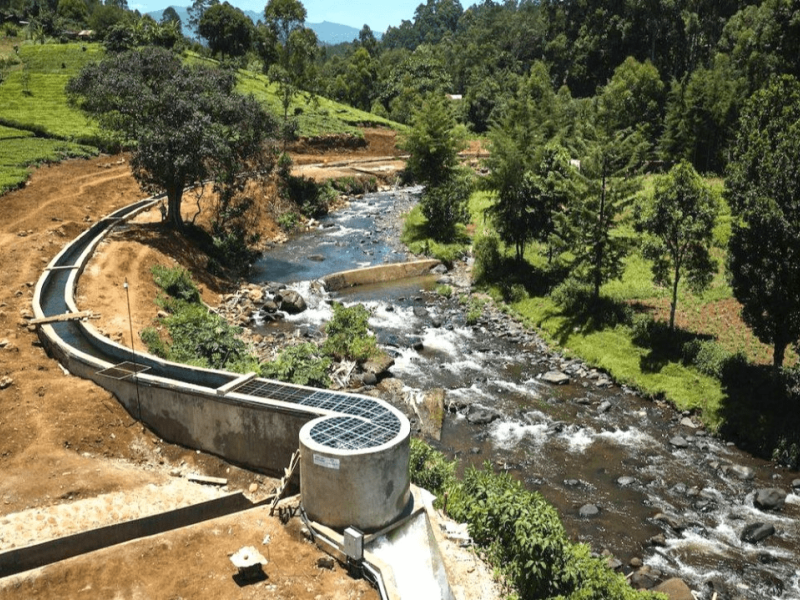
Implementing a micro electricity grid in Kenya
In remote rural areas such as Mathioya in Kenya, many households, schools, companies, and hospitals lack access to reliable and sustainable electricity. This forces them to rely on fossil fuels to generate energy for transport, cooling, lighting, cooking, and powering machinery.
However, the increasing use of fossil fuels results in higher CO2 emissions, accelerates deforestation, and worsens the effects of climate change. This makes it increasingly challenging for communities like Mathioya to adapt to the impacts of climate change.
Converting energy from rivers into electricity by using eddies
With the installation of innovative low-head water turbines, 110 kW of sustainable electricity is now being generated from the rivers in Mathioya. These turbines operate around the clock without causing any harm to the local ecosystem. The smart energy system, equipped with sensors and a monitoring system, ensures seamless alignment between energy production and consumption. This prevents peak loads and minimises energy loss.
The project has enabled access to affordable electricity for 500 households, 10 schools with 5,000 students, 10 companies, and hospitals. Through an innovative ABC model, commercial users contribute to the revenue, allowing for lower tariffs for low-income households. In addition to reducing CO2 emissions by 840 tonnes annually, the project has stimulated the local economy, strengthened communities, and had a positive impact on the environment.
